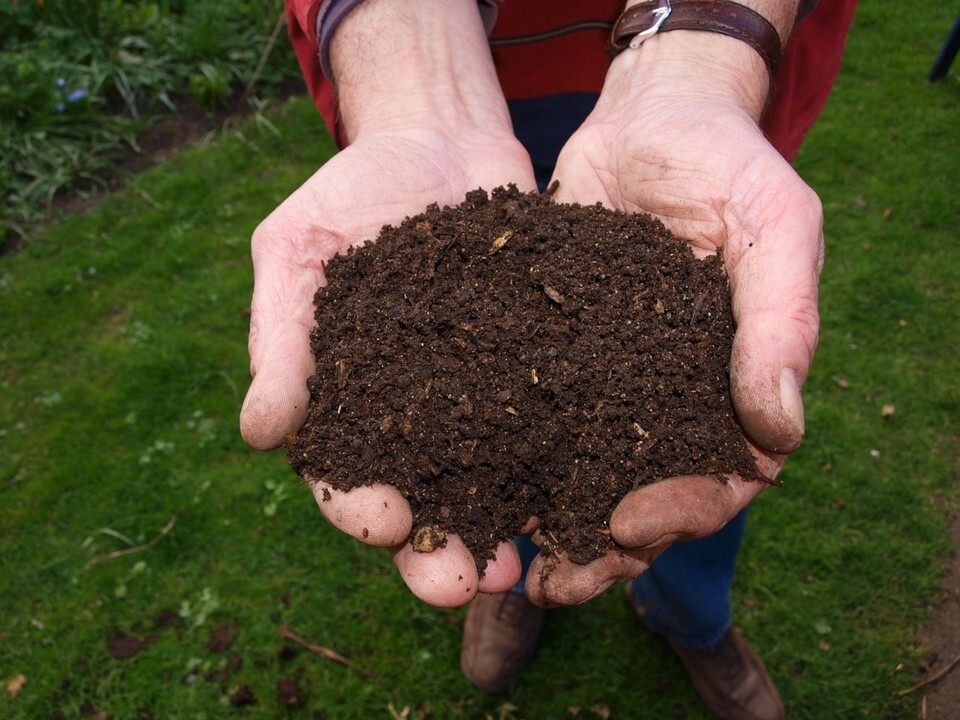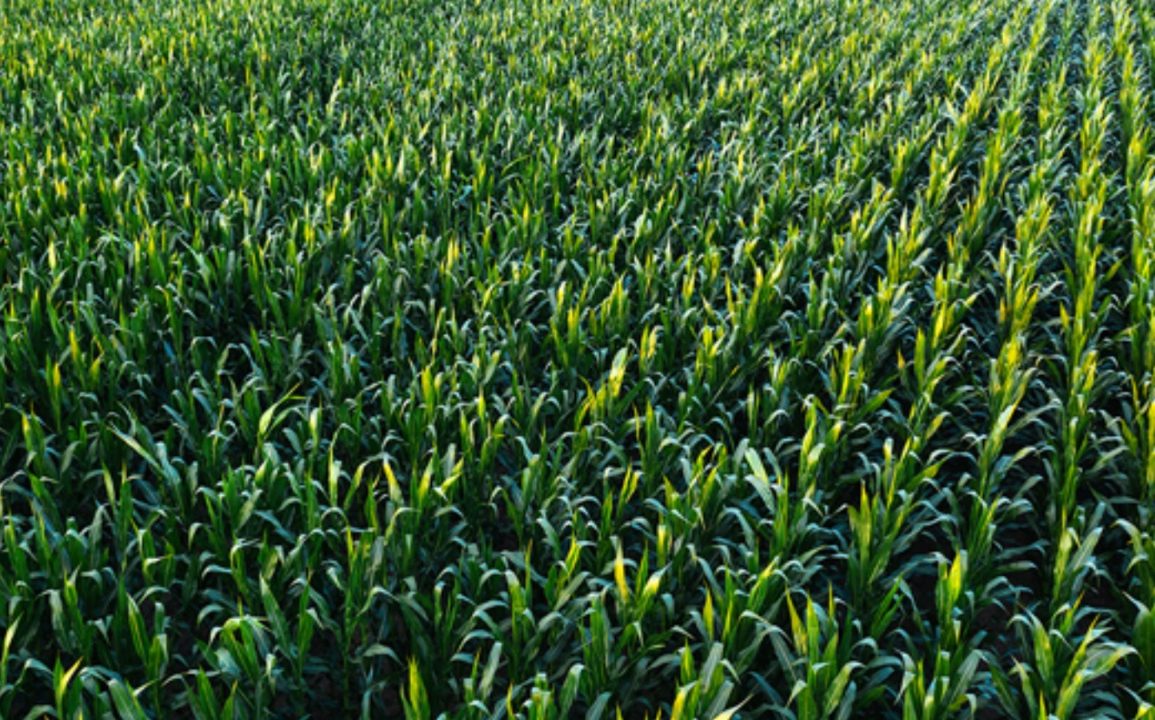A recent study has raised concerns that bio-based materials, developed as eco-friendly alternatives to conventional plastics, may pose serious risks to crucial species like earthworms, which play a key role in soil health.
These bio-based materials, used in products such as textiles, wet wipes, and period products, can release microfibres into the environment through laundry, sewage sludge applications, and general product wear. Although touted as greener options, their environmental impact has largely gone unexamined. With the increasing global production and use of these materials, understanding their effects on ecosystems is critical.
To investigate this, researchers conducted tests on earthworms using conventional polyester fibers and two bio-based fibers—viscose and lyocell. The study, published in Environmental Science and Technology, revealed that when exposed to high concentrations of fibers, mortality rates were significantly higher for earthworms in contact with bio-based fibers compared to polyester.
Notably, while 30% of earthworms died from exposure to polyester, mortality rates for bio-based fibers were much more severe, with lyocell causing up to 60% mortality and viscose up to 80%. This suggests that bio-based fibers may be even more harmful than conventional plastics under certain conditions.

Further experiments assessed the effects of more environmentally realistic fiber concentrations on earthworm reproduction and growth. Findings indicated that earthworms in soils with viscose fibers showed reduced reproduction rates, and those exposed to lyocell demonstrated stunted growth and increased burrowing activity.
These behavioral and physiological changes suggest that bio-based fibers can disrupt earthworm health and potentially impact soil ecosystems. These results underscore the need for comprehensive studies on new materials marketed as safer alternatives to plastics.
The research, conducted as part of the BIO-PLASTIC-RISK project, was funded by the UK’s Natural Environmental Research Council and involved experts from the University of Plymouth and the University of Bath.
Dr. Winnie Courtene-Jones, lead author of the study, emphasized the importance of these findings, noting that while bio-based fiber production is on the rise, substantial evidence of their environmental impact remains scarce. Courtene-Jones cautioned against the widespread adoption of bio-based materials without further research, pointing to the potential unintended harm to ecosystems, especially to earthworms which are essential for soil health.
The study’s release comes ahead of the United Nations’ negotiations in South Korea on a possible Global Plastics Treaty, where key stakeholders will discuss solutions to plastic pollution. Professor Richard Thompson, senior author of the study, emphasized the need for rigorous testing of new materials in environmental settings to prevent unintended ecological consequences.
He stressed that while alternative materials are important in addressing plastic pollution, scientific evidence must guide these solutions to avoid replacing one environmental issue with another.

